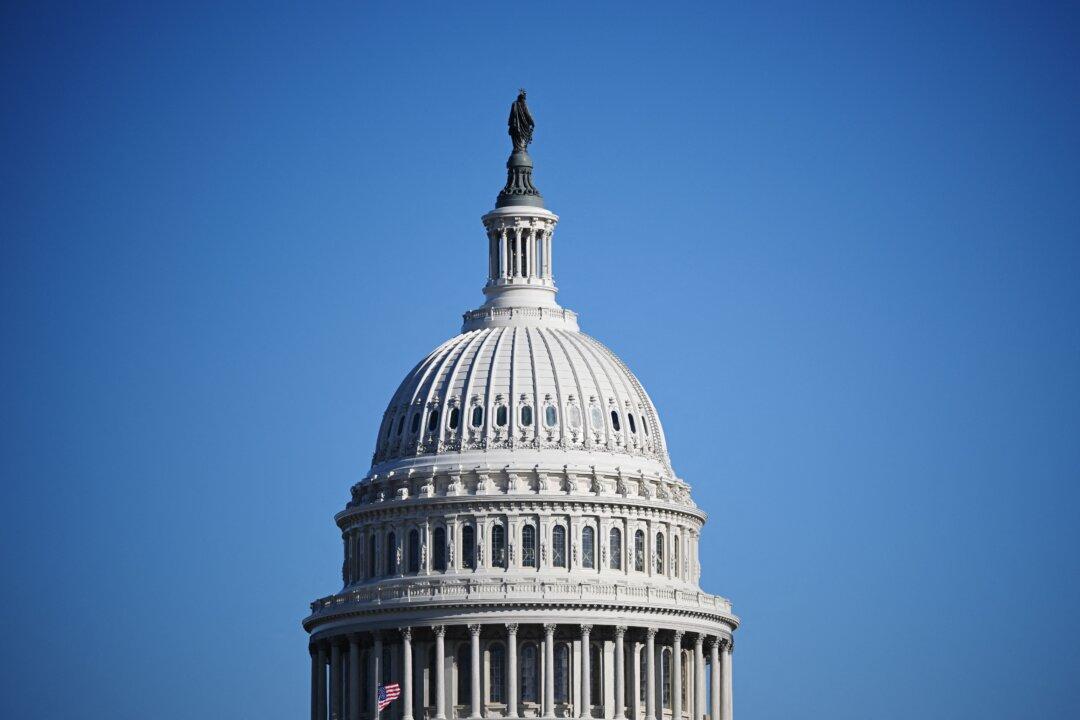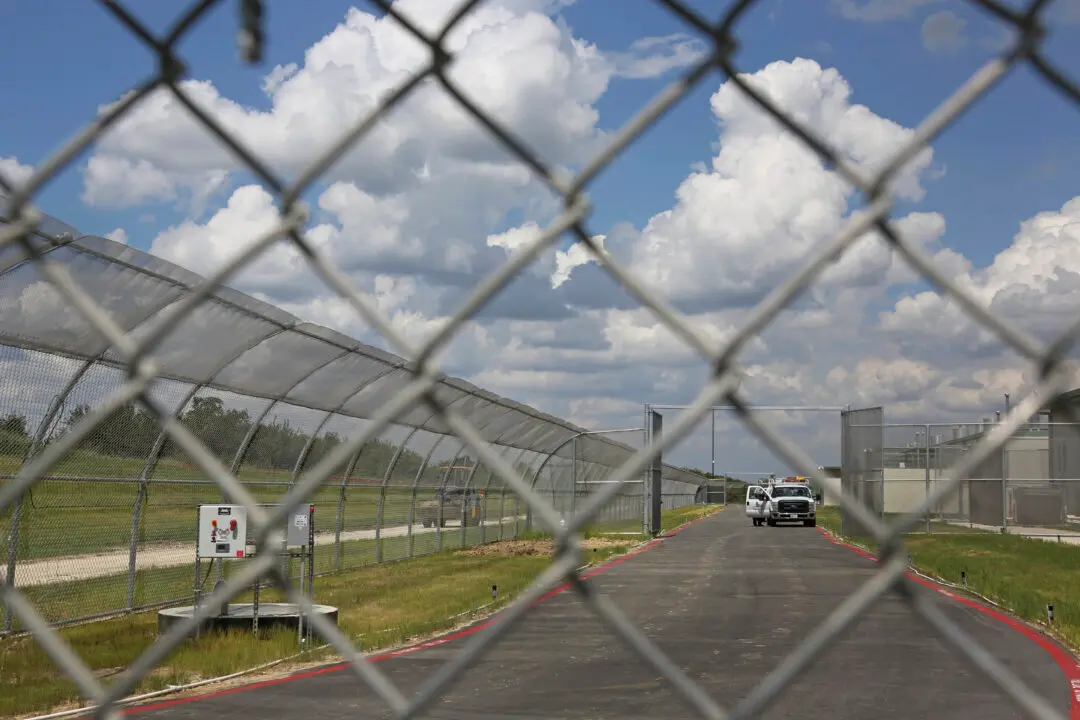The Senate passed a resolution, 68-23, on March 29 to end the COVID-19 national emergency sooner than scheduled.
The measure, which was introduced by Rep. Paul Gosar (R-Ariz.) and passed the House on Feb. 1, now heads to President Joe Biden, who is expected to sign it, Senate Majority Leader Chuck Schumer (D-N.Y.) told Democrats, according to media reports.





